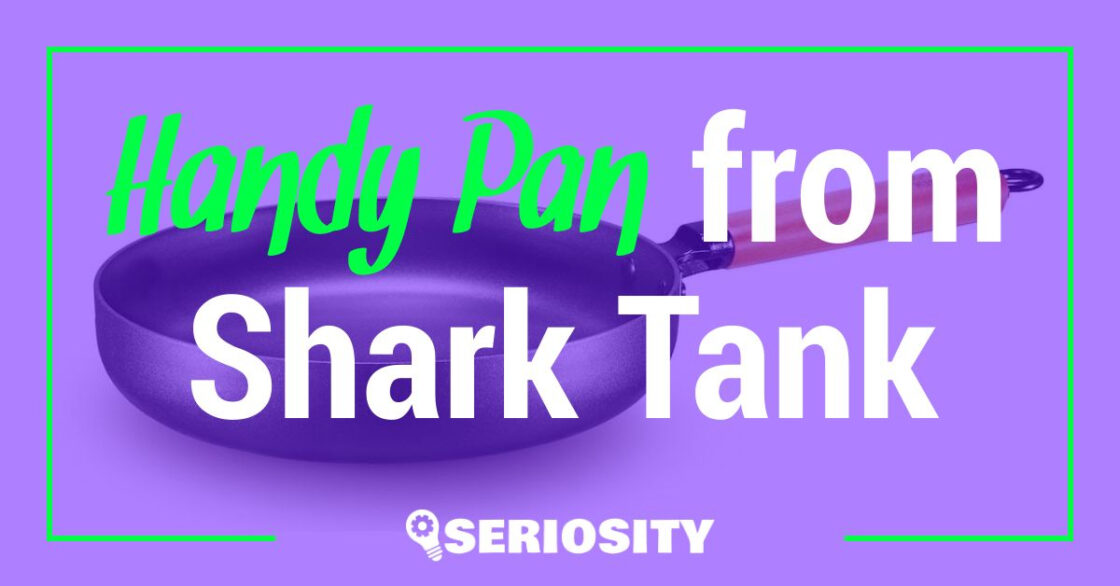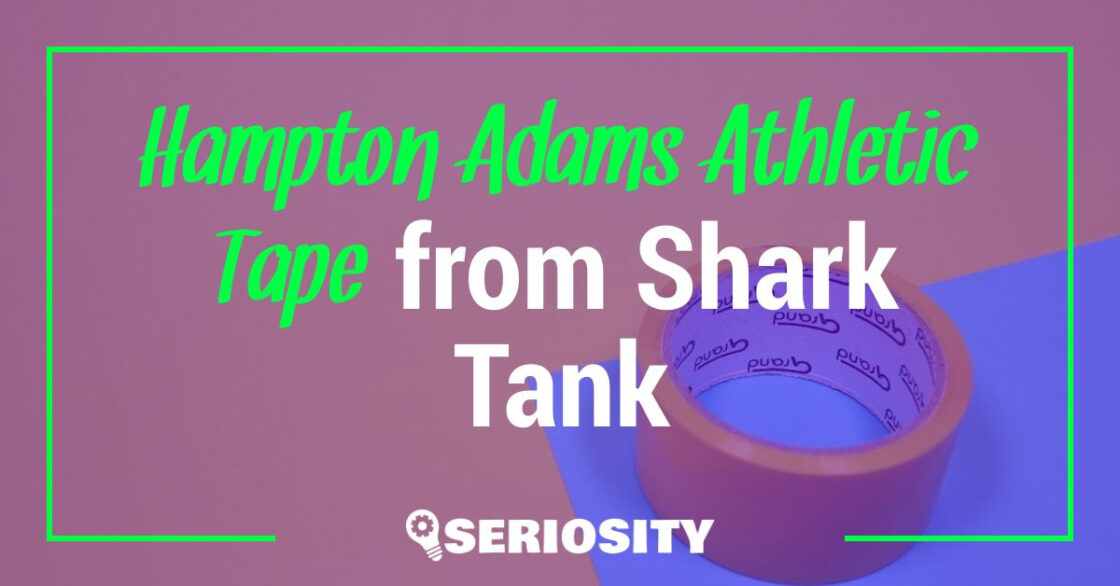It’s not surprising to see aspiring artists with melodious voices not get the exposure they need to accomplish higher milestones. Often, we stumble across these smashing songs by solo indie-rock singers or bands we didn’t even know existed. And oh goodness. Their voices are mind-blowing. Why hadn’t we jammed to these songs before?
It’s moments like these when we desperately want young musicians to reach out to more people using an effective platform. This platform could assist the new entertainers in entering and stabilizing their standing in the modern music industry. Wistful thinking – except Tom Callahan strived to convert it into practicality.
He appeared in Shark Tank’s third season alongside cab 20, the band he managed, hoping to use this platform to garner financial and marketing assistance. Previously, Tom had acquired industrial experience in supervising marketing and promotional activities for several bands for over twenty-five years and had high hopes for Cab 20. He considered the band would become an indie showstopper with Sharks’ support.
The manager sought $200,000 in exchange for 20% of Cab 20’s future royalty streams. He was confident of the band’s uniqueness from other radio sounds. A deal between Cab 20 and any shark meant the investor receiving a percentage of total revenue generated from the brand’s activities, excluding publishing. The latter condition staggers this pitch because it’s not breaking news about how significant publishing is. It offers royalties from future songs written or performed by band members or licensed to other artists, and this amount can be a massive return for investors. Therefore, not having publishing benefits in the Shark’s deal was challenging to digest.
Daymond had a bad experience when he ventured into music deals before. It almost cost him substantial losses. And while Mark liked the band and its voice, he thought music was among the least appealing businesses. The uncertainty scared Mark, and he would rather not invest in music-related projects again. So, both sharks are out.
Like Mark, Barbara liked Cab 20 and called the lead singer attractive – someone who’d have to fight the girls off them. She praised the drummer and brand composition, calling it real, strategic, and appealing. However, she was significantly aloof with this pitch due to Tom Callahan because she didn’t think he could manage the responsibilities associated with the band’s development and marketing. Eventually, Barbara was the next shark out.
Kevin offered a deal of $200,000, and in exchange, he wanted 50% of the total future income. Tom tried negotiating, asking for an additional $100,000 in exchange for 40% of the potential income. Robert expressed his interest in partnering with Kevin. However, there was a catch. He wanted to enter a partnership based on Kevin’s initial deal of $200,000 in exchange for 50%. Considering the offerings, Tom Callahan requested a break to talk to Cab 20’s members. After much deliberation, he wanted to reduce the offer to $250,000 in exchange for 50% of the potential revenue. Tom said this was his final deal, which was unnegotiable. The sharks didn’t accept, and Cab 20 had to exit Shark Tank’s platform without any investment.
Cab 20 experienced exposure and a slight push to fame when the Shark Tank episode aired. The band even released three albums. But soon, it wasn’t difficult to see Cab 20 missing in action. Perhaps, not signing a deal with the Sharks or the acknowledgment from the show wasn’t enough for the bandmates to make a name for themselves. Cab 20’s social media accounts had been inactive since August 2014. Its official website is also unavailable for online traffic.
Perhaps the Cab 20 may have made it big, becoming the superstars, or maybe the band would’ve eventually fizzled out as it did. Certainly, Tom’s perceived “shark tank exposure” wasn’t enough for the band’s success.
Today, Cab 20’s frontman, Bert Hoover, remains an active musician, making music and staying updated through his Facebook page, Hooverii. So, maybe the band didn’t technically disband. Instead, it restructured itself to remain within the industry.
Our Review Of Cab 20
Overall, we think Cab 20 certainly had potential. From their demo on Shark Tank, it’s clear to assess the band’s excellent vocals and enthralling beats. The bandmates had the talent, and as shallow as it may sound, they had the looks to pique curiosity and make people swoon. After all, your looks are equally critical factors as your vocals in the music industry. We were disappointed when this band couldn’t climb the success ladder for a long time.
Pros Of Cab 20
- Appealing music and vocals
- Charming visuals
- A successful shark tank pitch would’ve meant instant fan base
- Fresh entrance into indie music
Cons Of Cab 20
We can’t think of any disadvantages of the band, except maybe Tom Callahan. Interested investors would’ve found it hard to deal with Tom and his conditions, creating obstacles for Cab 20’s future. But then again, we can’t say much about it.
Who Is Cab 20 For?
Cab 20 would have been an outstanding addition to your playlist if you love indie rock. Cab 20 was an ideal band for people who preferred listening to new songs and musicians. In addition, if you liked quality and stable vocals with uptight beats to bob your head along to, you would have fallen in awe with this band.
Are There Any Alternatives?
Arctic Monkeys are among the best indie rock band today. The band was formed in 2002 and, ever since, has gained a wide range of loyal fans who love every song produced by talented musicians. Every production is a classic that captivates the listeners. Be it “Do I Wanna Know” or “RU Mine?”.
Our Final Thoughts
Cab 20 captures sharks’ attention, and to have an opportunity where Barbara complimented you and Robert and Kevin offered a joint partnership with you meant a great deal. But Tom’s exclusion of publishing revenue from the deal and his non-negotiable last deal may be considered blunders. The band could have gotten the push it needed to prosper within the indie rock genre. But, unfortunately, this couldn’t happen. But at least we’ve got other trending and rising bands who hopefully have more strategic management teams than Tom to sustain their popularity.





